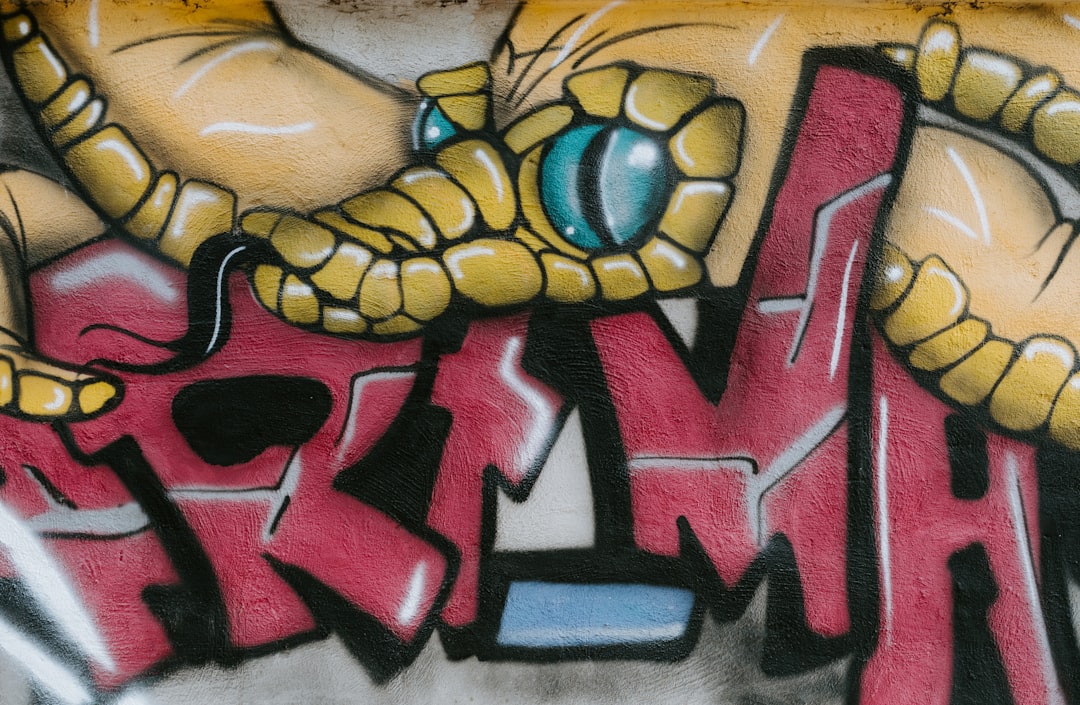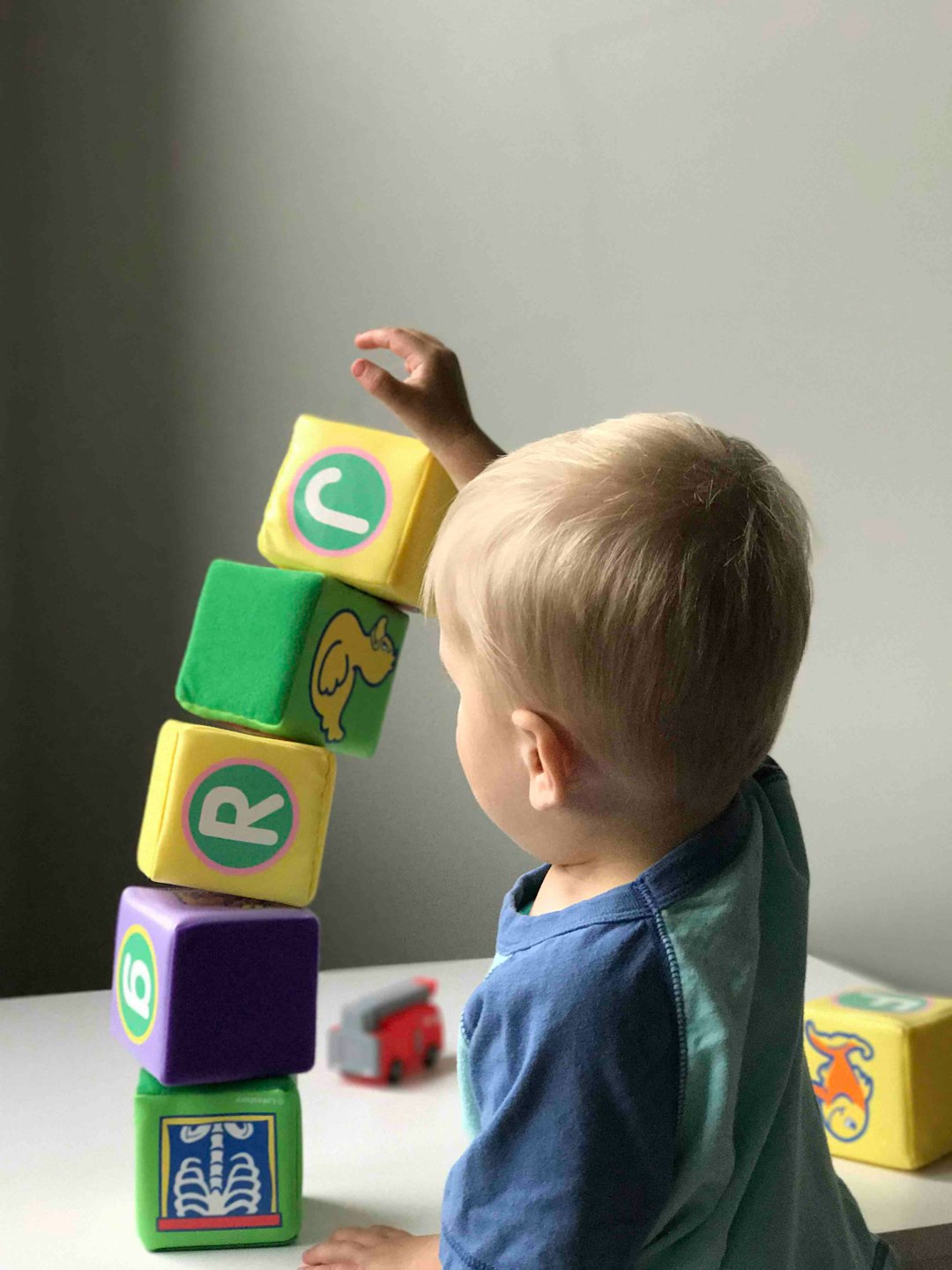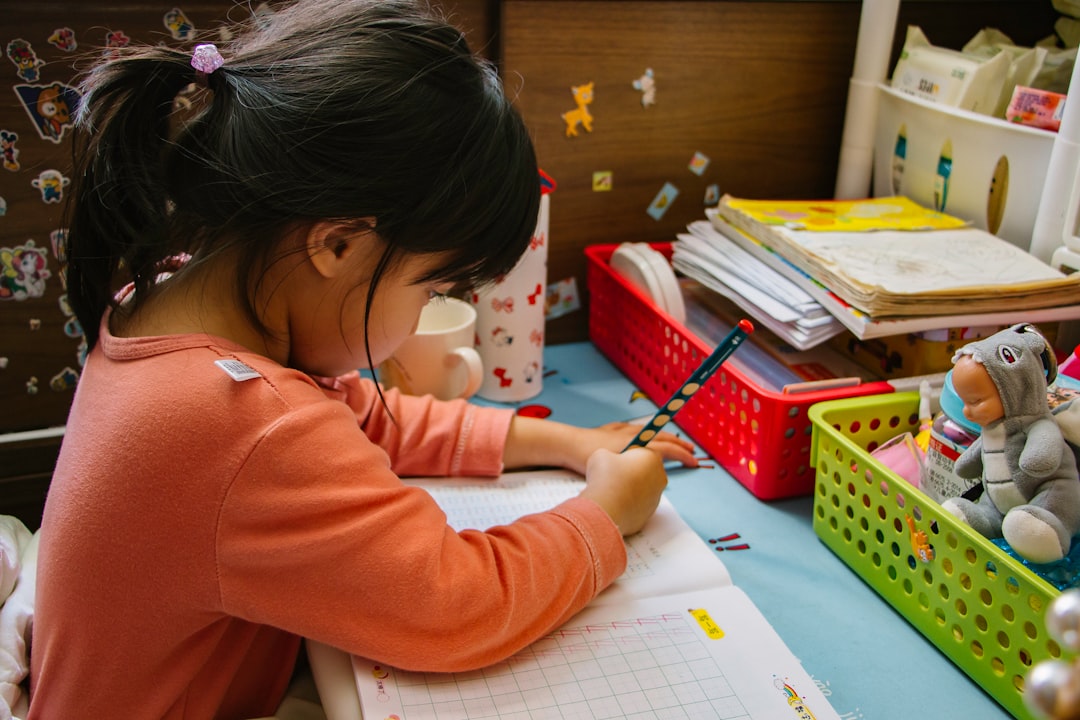Home visits by Sexual Abuse Lawyer California are key to ensuring daycare safety in urban areas like Los Angeles, identifying risks, promoting transparency, and preventing harm. Recognizing physical injuries, behavioral changes, or signs of discomfort can indicate abuse or neglect, prompting families to consult a Sexual Abuse Lawyer California for guidance. California's strict regulations, background checks, and mandated reporter laws protect children, while organizations offer specialized support to victims and their families.
In Los Angeles, ensuring daycare safety is paramount. This comprehensive guide explores the critical role of home visits in strengthening daycare protocols. We delve into identifying red flags indicative of potential sexual abuse, as early detection is key. Furthermore, we provide insights into legal protections and resources available to victims in California, emphasizing the importance of swift action by parents and caregivers. Armed with knowledge, individuals can better protect children and seek assistance from qualified Sexual Abuse Lawyers California has to offer.
The Role of Home Visits in Daycare Safety Protocols

Home visits are an integral part of establishing robust daycare safety protocols, particularly in large urban areas like Los Angeles. These unannounced visits play a crucial role in identifying potential risks and ensuring the well-being of children in childcare settings. By conducting thorough inspections, sexual abuse lawyers California can assess the home environment, check for safety hazards, and verify that child care practices align with state regulations.
During these visits, experts look for signs of neglect or abuse, review records, and interview caregivers to foster a culture of transparency and accountability. This proactive approach not only helps in preventing any form of harm but also educates parents and caregivers about best practices for safe and nurturing environments. Effective home visit programs serve as a constant reminder that childcare safety is everyone’s responsibility, extending beyond facilities to the homes where children spend significant time.
Identifying Red Flags: Common Signs of Potential Abuse

Recognizing red flags is a crucial step in ensuring daycare safety in Los Angeles and beyond. While daycares aim to provide a nurturing environment, certain signs may indicate potential abuse or neglect. These can include physical injuries that aren’t readily explained, such as unexplained bruises, cuts, or burns. Behavior changes like sudden aggression, withdrawal, or extreme fear of specific individuals or places within the daycare are also noteworthy.
Sexual abuse, though less openly discussed, is a significant concern. Signs may manifest through unusual sexualized behaviors in children or even subtle indications of discomfort or fear related to intimate areas. If a child exhibits unusual knowledge or interest in sexuality at an early age or displays signs of trauma related to their genitals, it warrants immediate attention. Remember, a Sexual Abuse Lawyer California can offer guidance and support if any suspected instances of abuse occur.
Legal Protections and Resources for Victims in California

In California, victims of sexual abuse, especially children, have robust legal protections under various state laws and policies designed to ensure safety in childcare settings. The state has stringent regulations for daycare facilities, preschools, and schools, including strict background check requirements and mandated reporter laws that oblige staff to report suspected abuse. These measures aim to prevent and address any instances of sexual misconduct or abuse within these institutions.
If a child experiences sexual abuse while in daycare, California offers resources and support through specialized organizations and legal aid. Victims may seek assistance from reputable Sexual Abuse Lawyer California to navigate the legal system and protect their rights. Such professionals are equipped to help families understand their options, pursue justice, and access compensation for the harm suffered.






